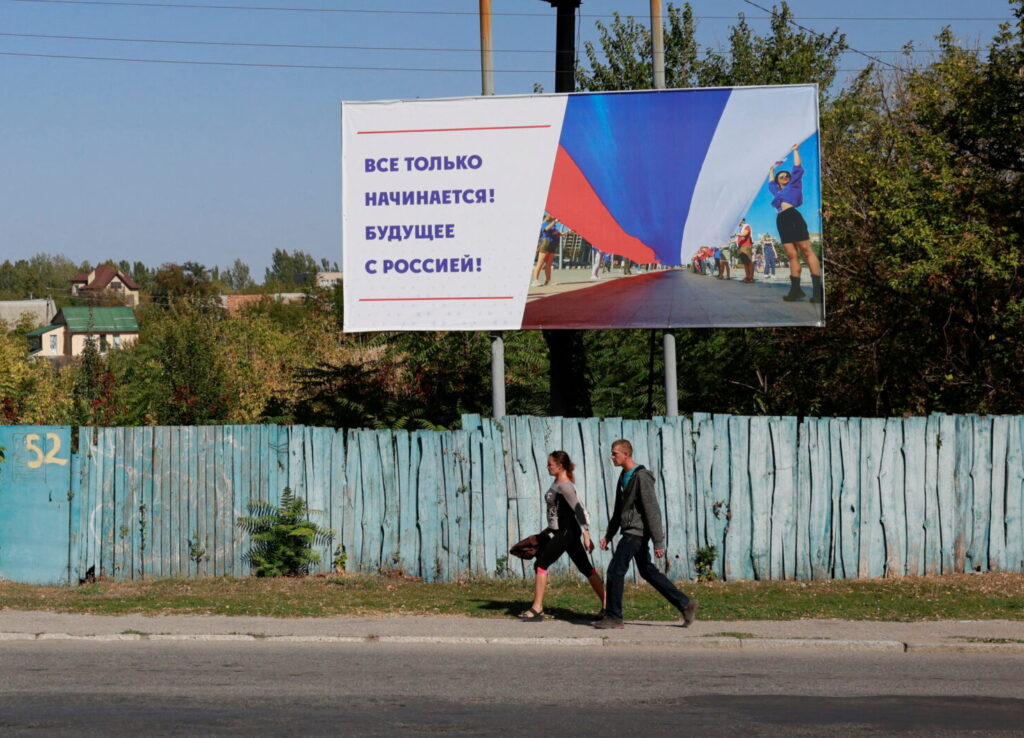As diplomatic overtures toward a negotiated settlement in the Russia-Ukraine war intensify, experts warn that ongoing atrocities in Russian-occupied Ukrainian territories are being dangerously overlooked. In a compelling piece for the Atlantic Council, political strategist Kateryna Odarchenko outlines how Moscow is systematically extinguishing Ukrainian identity—an issue with long-term geopolitical consequences far beyond Eastern Europe.
Odarchenko highlights a multi-pronged campaign by Russian forces to suppress Ukrainian statehood and culture. These efforts include forced russification of education, language, and religious practices; widespread persecution of clergy; and the coercive distribution of Russian passports, now mandated by a Kremlin decree with a September 2025 compliance deadline.
“The strategy is clear: normalize occupation through cultural erasure,” Odarchenko writes, warning that such precedents risk emboldening other authoritarian regimes to weaponize identity in disputed regions globally.
According to a coalition investigation led by Forbidden Stories and major Western outlets including The Guardian and The Washington Post, human rights abuses in occupied areas—including mass detentions, torture, and disappearances—are consistent with crimes against humanity. United Nations officials echo this conclusion.
The crackdown on independent media, including the death of Ukrainian journalist Viktoriia Roshchyna under captivity, underscores the information blackout enforced by occupying forces. Meanwhile, local populations resisting indoctrination or refusing Russian citizenship face threats ranging from child separation to denial of healthcare and property rights.
Odarchenko urges Western governments and corporate leaders to prioritize human rights in all engagements related to the conflict. “Sanctions pressure must be maintained and expanded, while civil society and war crimes documentation efforts need urgent resourcing,” she states.
For decision-makers across government and industry, the message is clear: peace talks must not neglect the lived reality of millions under occupation. Strategic support for Ukraine’s institutional resilience—and its right to cultural self-determination—is not only a moral imperative, but essential to safeguarding the international order.
Read the full article by Kateryna Odarchenko on the Atlantic Council’s website: Russia is extinguishing all traces of Ukrainian identity in occupied Ukraine.

